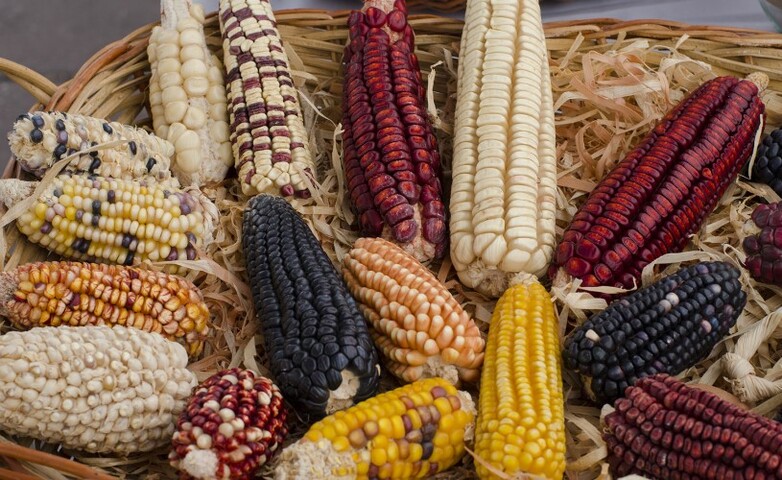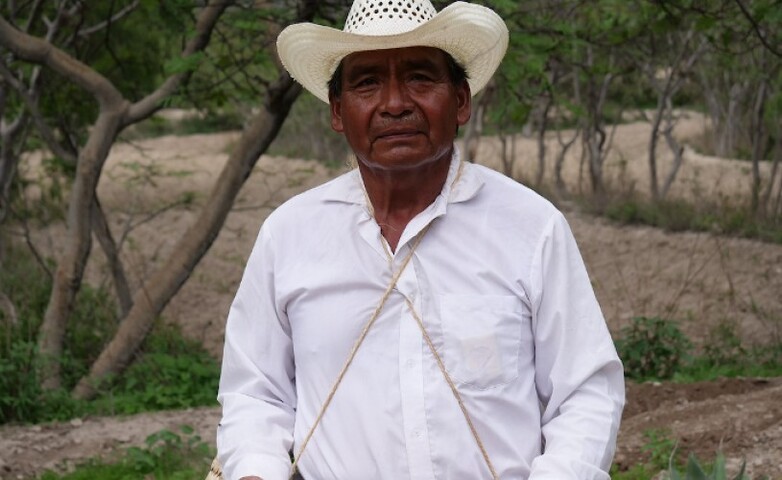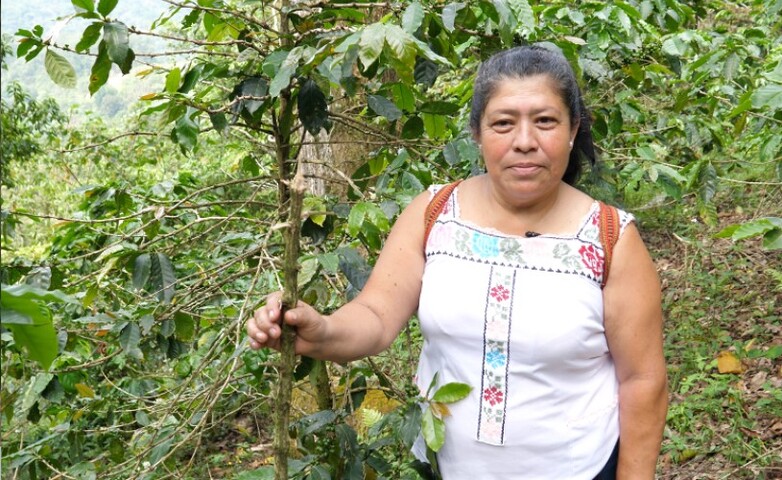Promoting inclusive and eco-friendly agriculture in Mexico
Sustainable Agriculture: Transformation of Agricultural and Food Systems for Biodiversity and Climate Protection in Mexico
-
Client
German Federal Ministry for Economic Cooperation and Development (BMZ)
-
Country
-
Runtime
2024 to 2028
-
Involved
Secretary of Agriculture and Rural Development (SADER), Secretary of Finances (SHCP), Secretary of Environment and Natural Resources (SEMARNAT), Institute of Agricultural, Livestock and Forestry Research (INIFAP), Trust Funds for Rural Development (FIRA)
-
Products and expertise
Climate, environment, management of natural resources
 © Daniel de la Torre-Bueno/GIZ
© Daniel de la Torre-Bueno/GIZContext
Agriculture and improper land use drive biodiversity loss and greenhouse gas emissions in Mexico. Rural development is vital, as agriculture shapes the country’s economy, culture, and politics. Over 27 million people work in this field, with women’s participation rising by 16 per cent due to male migration to urban areas. Yet, women face challenges like traditional gender roles, limited land ownership, and vulnerability to violence and discrimination.
At the same time, Mexico must also balance global market integration with promoting local farming practices that ensure food security, improve nutrition access, and protect ecosystems.
 © Daniel de la Torre-Bueno/GIZ
© Daniel de la Torre-Bueno/GIZObjective
Mexico has improved its policies and conditions to enable the transformation of agriculture and food systems towards greater environmental and social responsibility.
Approach
The project implements targeted measures to transform agriculture and food systems, including:
- Developing policies and tools nationally and regionally to promote biodiversity-friendly and climate-resilient agriculture.
- Facilitating agreements between the federal and regional governments to support transformative agricultural practices.
- Creating a catalog of model initiatives for environmentally responsible agriculture.
- Establishing dialogue formats connecting public institutions, civil society, and private organisations to collaborate on eco-friendly agriculture policies and programmes.
- Integrating biodiversity and gender considerations into agricultural financing by improving conditions for resource allocation and use.
Last update: January 2025






